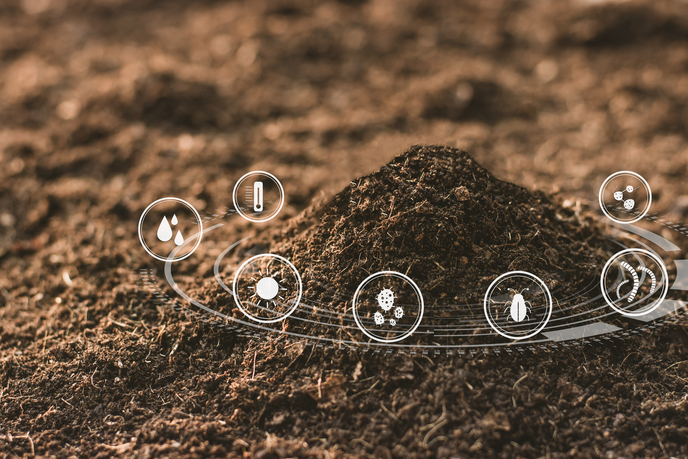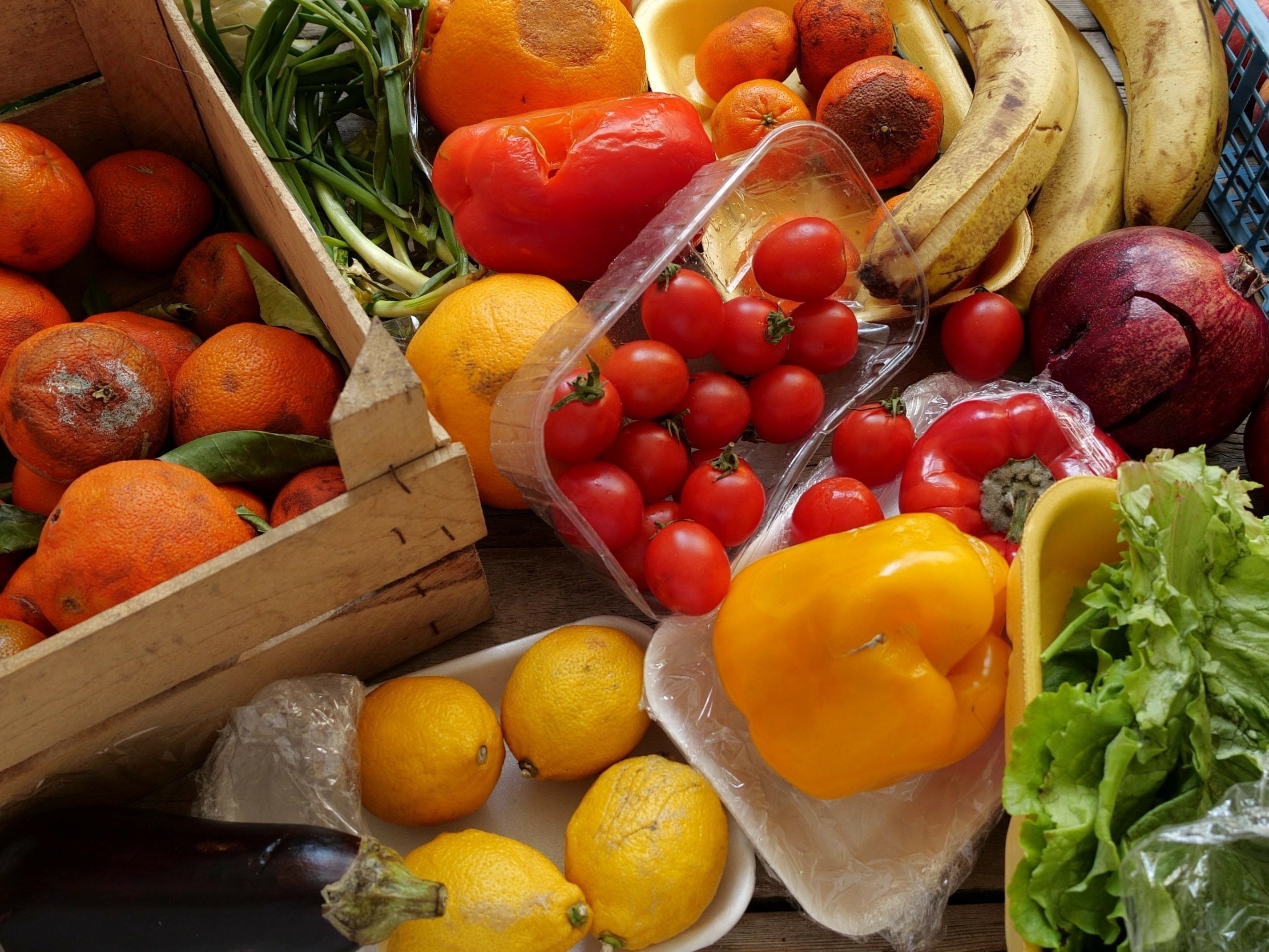A precision agriculture tool that lets farmers measure soil’s biological activity
The world population is forecasted to reach 9.8 billion people by 2050 – a 25 % increase on today’s numbers. Feeding this population will require society to double its current level of food production. For this, there is precision agriculture. “Precision agriculture uses new technologies to observe, measure and respond to crop variability,” says Jorge Blanco, R&D director at Greenfield Technologies, a Spanish agritech company. “The goal is to increase crop yields and profitability while lowering the level of resources needed to grow crops.” Despite precision agriculture’s potential, Blanco says its widespread use is hampered by general ignorance of the importance of accurate soil variability. “Soil texture, water content, pH level and biological properties all impact the irrigation, seeds and fertilisers used,” he explains. “As current sampling is subjective-based and analysis techniques require large soil samples, they are grossly inefficient.” To fill this gap, Greenfield Technologies has developed BIOMAP2SOIL, a new method that measures physical, chemical and biological variability based on objective soil sampling. “Using these measurements, our solution produces soil maps and provides the farmer with practical recommendations for efficient irrigation and crop management,” adds Blanco. With the support of EU funding, Greenfield Technologies has been able to develop, test and bring to market its innovative BIOMAP2SOIL solution.
Examining biological activity in soil
BIOMAP2SOIL builds on the company’s MAP2SOIL solution. The solution uses a sensor capable of measuring apparent electrical conductivity at different soil depths. The sensor is attached to a tractor and is driven through an entire farm to gather data. This data is then analysed and used to create maps showing the different parameters of the various soil types found within the same plot. “Even though a farm is comprised of very different soil types, the entire farm is typically treated the same,” remarks Blanco. “Precision agriculture solutions like MAP2SOIL allow one to manage different soil types in a tailored and more efficient way.” BIOMAP2SOIL takes this process one step further, measuring not only the physical and chemical characteristics of soil, but also its biological activity. “We believe that knowing the health of a soil and its variability within the same farm is just as important as knowing its composition,” adds Blanco. To do this, BIOMAP2SOIL essentially looks inside the soil to see what biological activity is happening. “Soil is full of microorganisms, some of which are pathogenic, while others are beneficial to crop growth,” he explains. The BIOMAP2SOIL solution focuses on the presence of plant growth-promoting rhizobacteria (PGPR), bacteria that can increase plant growth and stimulate its immune system. “By analysing the existence of pathogens or PGPRs before a crop is planted, BIOMAP2SOIL helps farmers make the most efficient use of their resources,” says Blanco.
A step in the right direction
With the support of EU funding, Greenfield Technologies has successfully validated BIOMAP2SOIL’s use in real-world settings. It also conducted an in-depth competitive analysis, secured the necessary patents, and developed a comprehensive strategy for launching BIOMAP2SOIL onto the international market. “There’s still a long way to go in terms of increasing global food production to a level capable of meeting the demand of a growing population,” concludes Blanco. “Precision agriculture solutions like BIOMAP2SOIL represent a big step in the right direction.”
Keywords
BIOMAP2SOIL, precision agriculture, farmers, farm, soil, food production, crop variability, agritech, crops, crop yields







